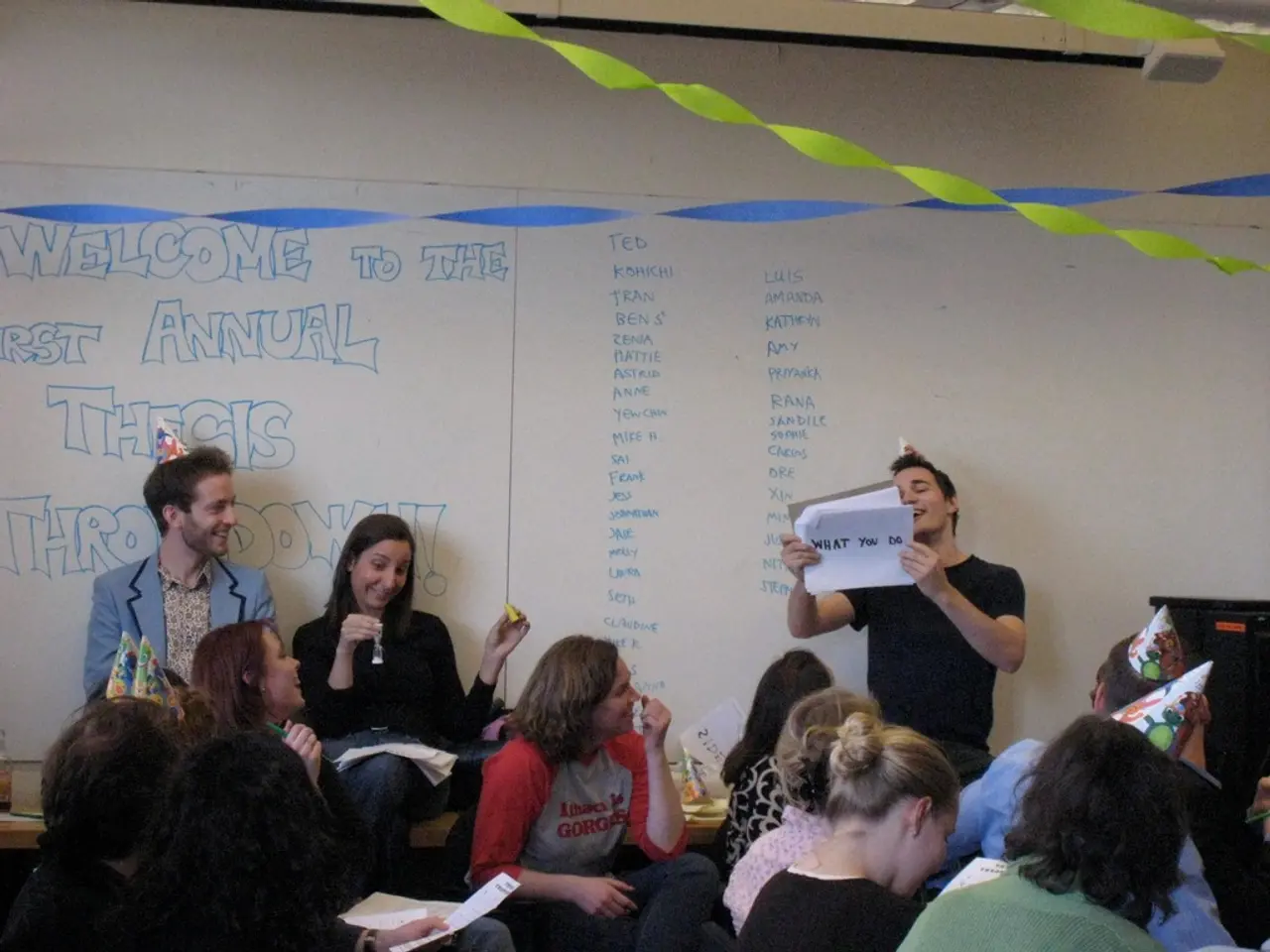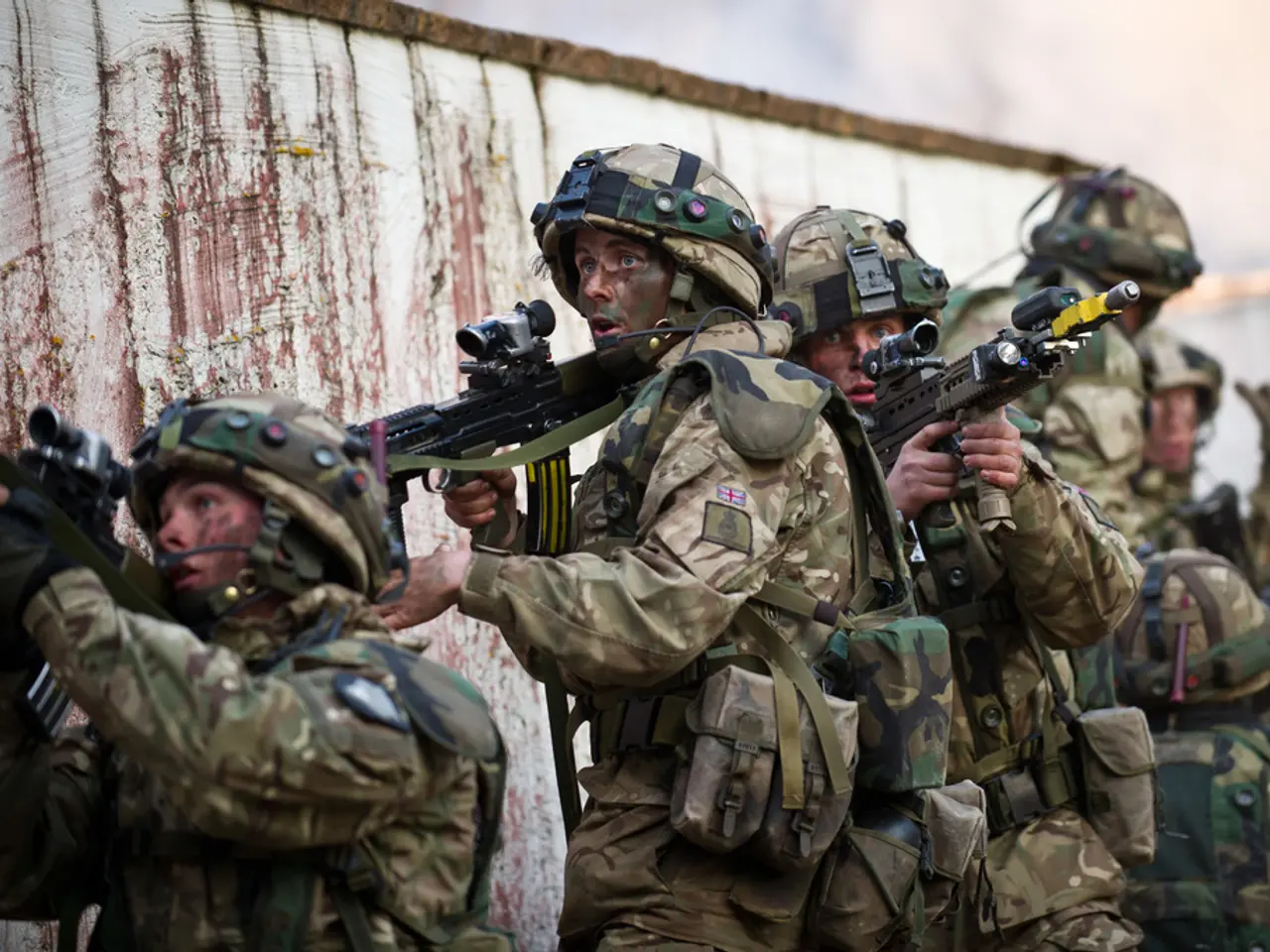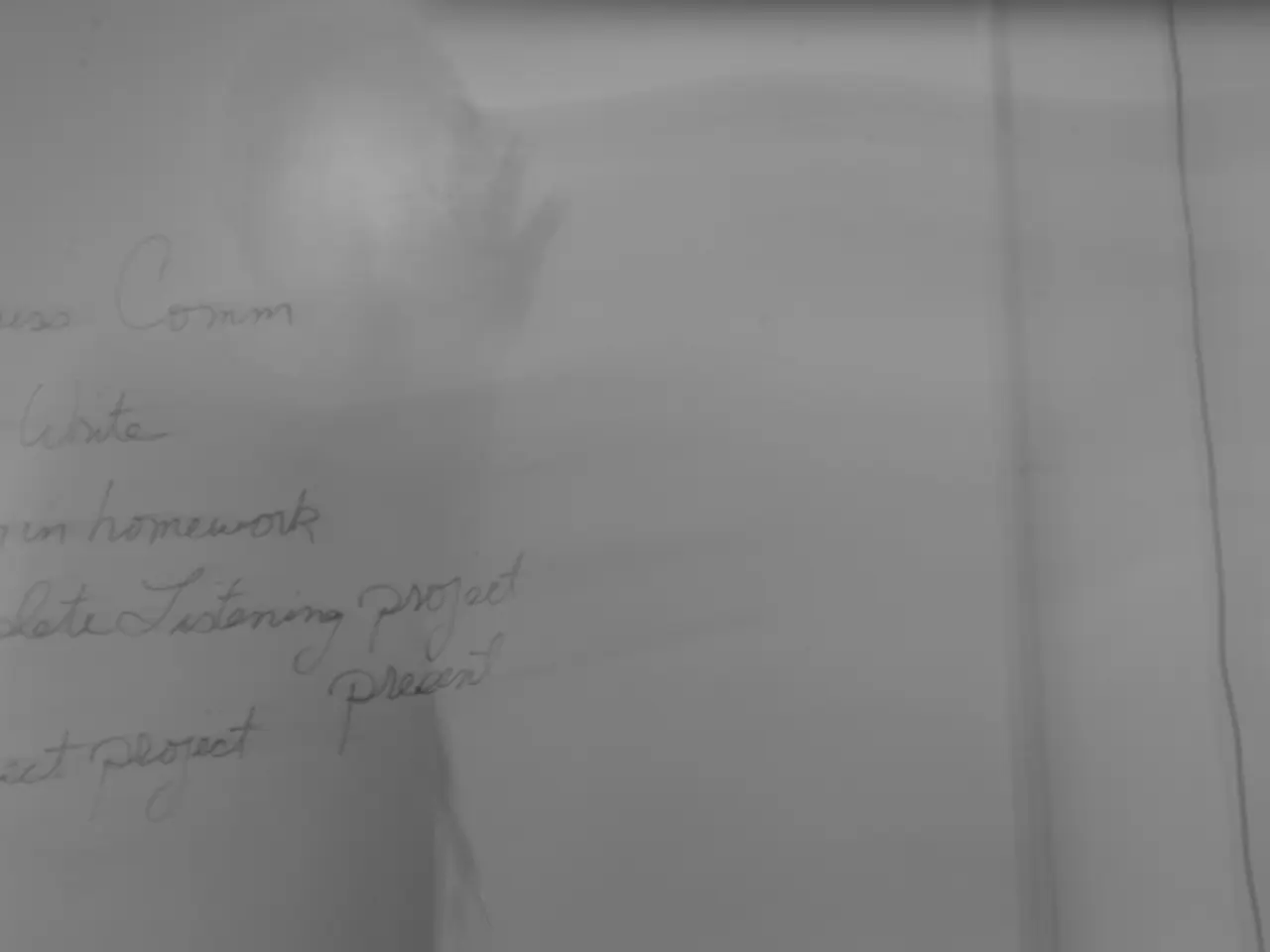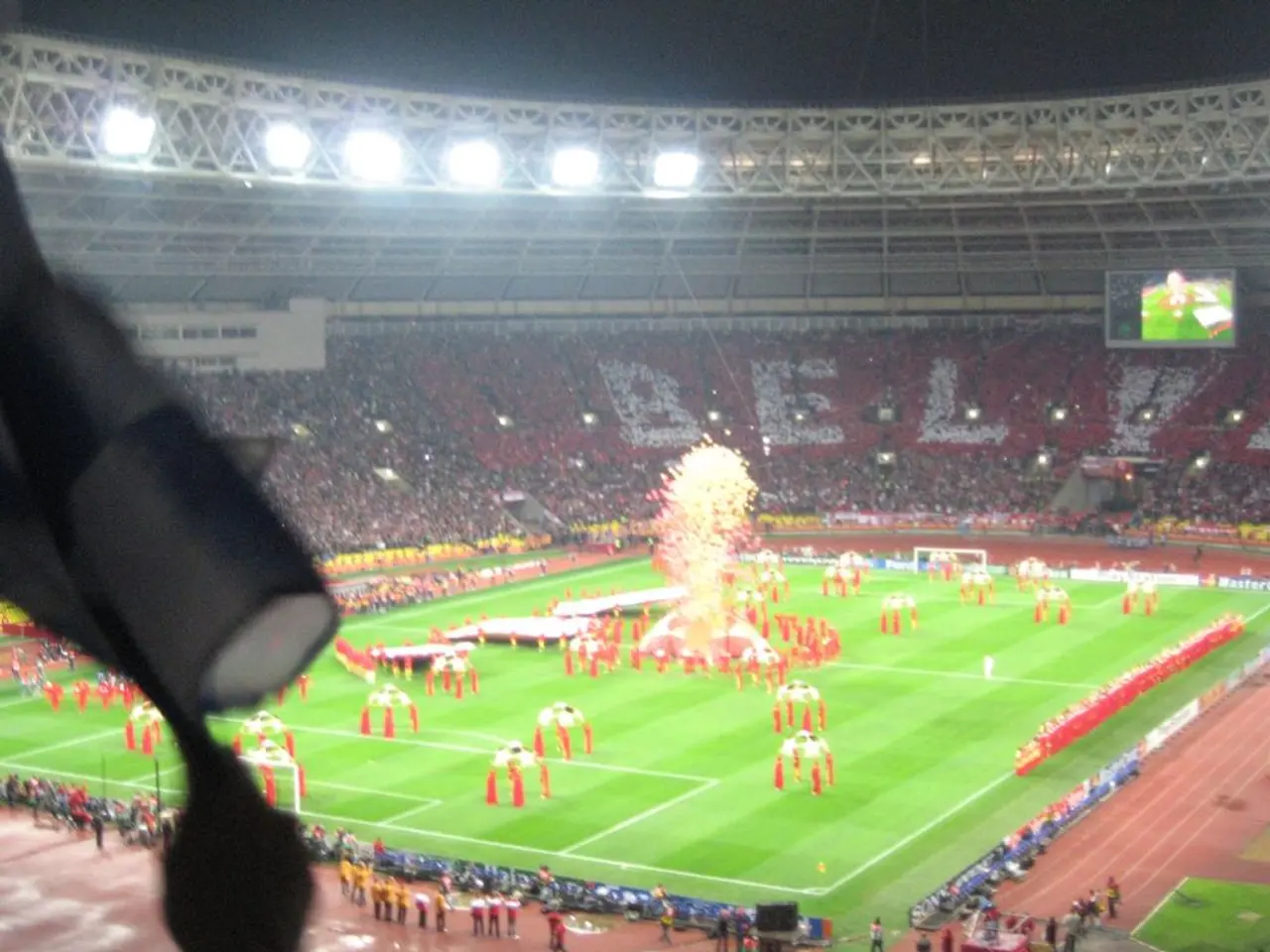Descendants of the Atomic Bomb Survivors
Headline: Hibakusha Activists Push for Nuclear Abolition as Global Tensions Rise
In the face of a persistent global arms race and weakening stigma surrounding nuclear weapons, the voices of Hibakusha – survivors of the atomic bombings – are more vital than ever. These survivors, who hail from Hiroshima and Nagasaki, continue to advocate strongly for the global elimination of nuclear weapons and for governments, particularly Japan's, to join and respect the Treaty on the Prohibition of Nuclear Weapons (TPNW).
The TPNW, which came into effect in 2021, bans nuclear weapons production, deployment, and use, while also mandating assistance to victims and impacted areas. Hiroshima’s mayor and hibakusha leaders have urged the Japanese government to accede to the treaty, heeding the survivors’ wishes.
The Japan Confederation of A- and H-Bomb Sufferers (Nihon Hidankyo), co-chaired by hibakusha like Terumi Tanaka, won the 2024 Nobel Peace Prize, highlighting their role in pushing disarmament momentum alongside UN agreements like the Pact for the Future. This recognition underscores the renewed vigor and prominence of the hibakusha’s demand for nuclear weapons abolition, especially around the 80th anniversary of the Hiroshima bombing in 2025.
Despite global tensions and threats, hibakusha and officials stress the importance of persisting in grassroots and diplomatic efforts to eradicate nuclear weapons. They frame nuclear abolition as a realistic and urgent goal, not just a distant ideal, linking it to safeguarding humanity and the planet.
One such hibakusha is Katsukuni Tanaka, a former Japanese journalist born in a city devastated by an atomic bomb 80 years ago. Tanaka was 10 months old when the atomic bomb was dropped on Hiroshima on August 6, 1945. After the explosion, his mother walked 20 kilometers to take shelter, leaving behind 70,000 lives. Tanaka's mother and maternal grandfather died from cancers, and his aunt, who worked at the post office, was killed by the atomic bomb.
Tanaka has dedicated his life to promoting peace, like many other Hibakusha. He is in contact with activists from all nationalities and backgrounds, fighting for peace around the world. Tanaka will be in Toronto for the sad anniversary of the Hiroshima bombing, alongside Setsuko Thurlow, an internationally renowned Hibakusha and a leading figure of the International Campaign to Abolish Nuclear Weapons (ICAN).
The commemoration of the 80th anniversary of the Hiroshima bombing will take place on Tuesday, August 5th at 19:15, in Montreal's Japanese Garden. It is estimated that 145,000 people died in Hiroshima in the six months following the atomic bomb explosion due to radioactive fallout.
The TPNW, now ratified by 73 countries, was driven by the ICAN, which won another Nobel Peace Prize in 2017. As we approach the 80th anniversary of the Hiroshima bombing, the world is closer than ever to another nuclear catastrophe, according to the Bulletin of Atomic Scientists. The hibakusha remain central moral voices in the global anti-nuclear movement, pushing for universal adoption and effective implementation of the TPNW, alongside broader nuclear disarmament commitments at the UN level. Their advocacy has gained heightened international attention and institutional support but faces political and geopolitical obstacles that activists and governments must continue to address.
In the face of escalating global tensions and the threat of nuclear weapons, Hibakusha activists, such as Katsukuni Tanaka, have linked the abolition of nuclear weapons to the safeguarding of humanity and the planet, pushing for the universal adoption and effective implementation of the Treaty on the Prohibition of Nuclear Weapons (TPNW). Their efforts, which span across politics, culture, and general news, have gained international attention and support, but face political and geopolitical obstacles that must be addressed. Despite these challenges, hibakusha and their allies continue to press for nuclear disarmament commitments at the United Nations level, highlighting the importance of their advocacy in a world that remains closer than ever to another nuclear catastrophe.








